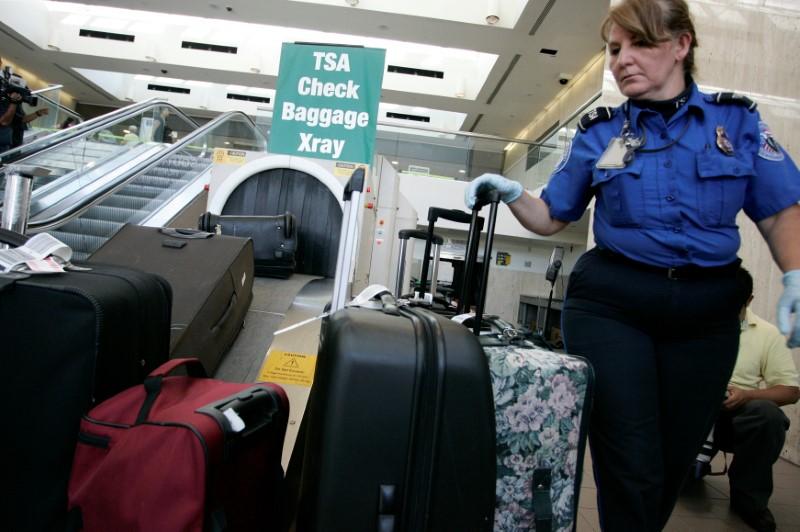WASHINGTON—Department of Homeland Security Secretary John Kelly spoke with European officials on Friday to discuss threats to aviation and a possible expansion of a ban on in-cabin electronics larger than cellphones, U.S. and European officials said.
DHS spokesman David Lapan said no announcement was planned for Friday on whether the U.S. government will expand the ban and that no final decision had been made on expanding the restrictions.
In March, the United States announced laptop restrictions on flights originating from 10 airports including in the United Arab Emirates, Saudi Arabia, Qatar and Turkey because of fears that a concealed bomb could be installed in electronic devices taken onto aircraft.
Britain quickly followed suit with restrictions on a slightly different set of routes.
Friday’s talks and this week’s meetings follow a push by airlines and several countries affected by the electronics ban for more consultation with American and British regulators following the abrupt introduction in March, which largely took the industry by surprise.






